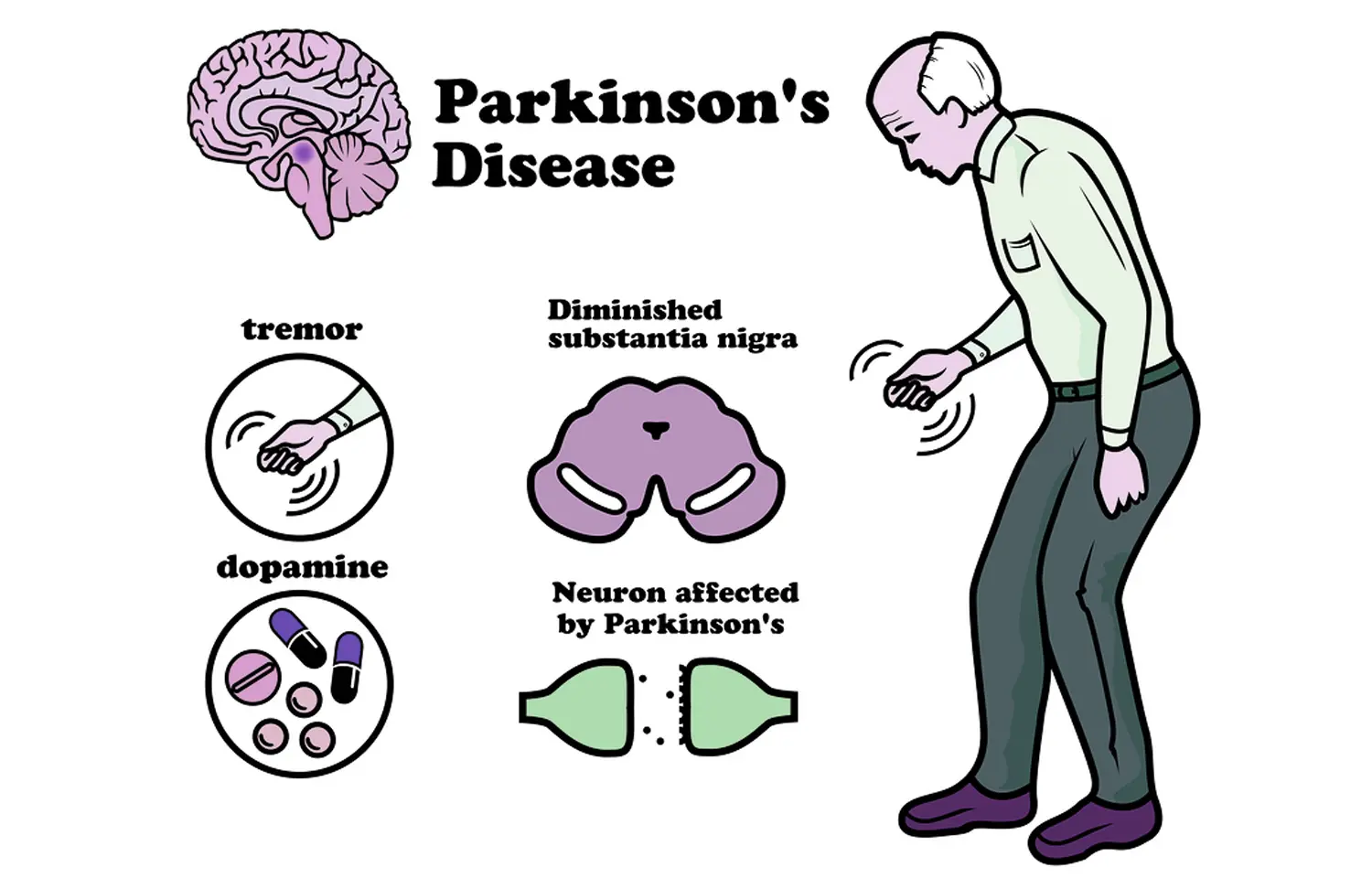- Home
- Medical news & Guidelines
- Anesthesiology
- Cardiology and CTVS
- Critical Care
- Dentistry
- Dermatology
- Diabetes and Endocrinology
- ENT
- Gastroenterology
- Medicine
- Nephrology
- Neurology
- Obstretics-Gynaecology
- Oncology
- Ophthalmology
- Orthopaedics
- Pediatrics-Neonatology
- Psychiatry
- Pulmonology
- Radiology
- Surgery
- Urology
- Laboratory Medicine
- Diet
- Nursing
- Paramedical
- Physiotherapy
- Health news
- Fact Check
- Bone Health Fact Check
- Brain Health Fact Check
- Cancer Related Fact Check
- Child Care Fact Check
- Dental and oral health fact check
- Diabetes and metabolic health fact check
- Diet and Nutrition Fact Check
- Eye and ENT Care Fact Check
- Fitness fact check
- Gut health fact check
- Heart health fact check
- Kidney health fact check
- Medical education fact check
- Men's health fact check
- Respiratory fact check
- Skin and hair care fact check
- Vaccine and Immunization fact check
- Women's health fact check
- AYUSH
- State News
- Andaman and Nicobar Islands
- Andhra Pradesh
- Arunachal Pradesh
- Assam
- Bihar
- Chandigarh
- Chattisgarh
- Dadra and Nagar Haveli
- Daman and Diu
- Delhi
- Goa
- Gujarat
- Haryana
- Himachal Pradesh
- Jammu & Kashmir
- Jharkhand
- Karnataka
- Kerala
- Ladakh
- Lakshadweep
- Madhya Pradesh
- Maharashtra
- Manipur
- Meghalaya
- Mizoram
- Nagaland
- Odisha
- Puducherry
- Punjab
- Rajasthan
- Sikkim
- Tamil Nadu
- Telangana
- Tripura
- Uttar Pradesh
- Uttrakhand
- West Bengal
- Medical Education
- Industry
GLP-1 agonists and DPP4 inhibitors may lower Parkinson's risk, Study finds

According to a recent report, researchers from the Research Department of Practice and Policy, School of Pharmacy, University College London, London, UK noted that the use of DPP4 inhibitors and/or GLP-1 mimetics is associated with a lower rate of Parkinson's disease compared to the use of other oral antidiabetic drugs.
The study is published in the Brain- A Journal of Neurology.
The elevated risk of Parkinson's disease in patients with diabetes might be mitigated depending on the type of drugs prescribed to treat diabetes. Population data for the risk of Parkinson's disease in users of the newer types of drugs used in diabetes are scarce.
Hence, the authors conducted the present study solely to compare the risk of Parkinson's disease in patients with diabetes exposed to thiazolidinediones (glitazones), glucagon-like peptide-1 (GLP-1) receptor agonists and dipeptidyl peptidase 4 (DPP4) inhibitors, with the risk of Parkinson's disease of users of any other oral glucose-lowering drugs.
Ruth Brauer and associates carried out this population-based, longitudinal, cohort study using historic primary care data from The Health Improvement Network among 100 288 patients. Patients with a diagnosis of diabetes and a minimum of two prescriptions for diabetes medications between January 2006 and January 2019 were included in our study, they described.
The primary outcome was the first recording of a diagnosis of Parkinson's disease after the index date, identified from clinical records. We compared the risk of Parkinson's disease in individuals treated with glitazones or DPP4 inhibitors and/or GLP-1 receptor agonists to individuals treated with other antidiabetic agents using a Cox regression with inverse probability of treatment weighting based on propensity scores writes Brauer.
The key findings noted by the authors were-
a. Among 100 288 patients 329 (0.3%) were diagnosed with Parkinson's disease during the median follow-up of 3.33 years.
b. The incidence of Parkinson's disease was 8 per 10 000 person-years in 21 175 patients using glitazones, 5 per 10 000 person-years in 36 897 patients using DPP4 inhibitors and 4 per 10 000 person-years in 10 684 using GLP-1 mimetics, 6861 of whom were prescribed GTZ and/or DPP4 inhibitors prior to using GLP-1 mimetics
c. Compared with the incidence of Parkinson's disease in the comparison group (10 per 10 000 person-years), adjusted results showed no evidence of any association between the use of glitazones and Parkinson's disease, but there was strong evidence of an inverse association between use of DPP4 inhibitors and GLP-1 mimetics and the onset of Parkinson's disease.
d. Results for insulin users were in the same direction, but the overall size of this group was small.
Therefore, the authors concluded by saying that "The incidence of Parkinson's disease in patients diagnosed with diabetes varies substantially depending on the treatment for diabetes received. The use of DPP4 inhibitors and/or GLP-1 mimetics is associated with a lower rate of Parkinson's disease compared to the use of other oral antidiabetic drugs."
Dr. Nandita Mohan is a practicing pediatric dentist with more than 5 years of clinical work experience. Along with this, she is equally interested in keeping herself up to date about the latest developments in the field of medicine and dentistry which is the driving force for her to be in association with Medical Dialogues. She also has her name attached with many publications; both national and international. She has pursued her BDS from Rajiv Gandhi University of Health Sciences, Bangalore and later went to enter her dream specialty (MDS) in the Department of Pedodontics and Preventive Dentistry from Pt. B.D. Sharma University of Health Sciences. Through all the years of experience, her core interest in learning something new has never stopped. She can be contacted at editorial@medicaldialogues.in. Contact no. 011-43720751
Dr Kamal Kant Kohli-MBBS, DTCD- a chest specialist with more than 30 years of practice and a flair for writing clinical articles, Dr Kamal Kant Kohli joined Medical Dialogues as a Chief Editor of Medical News. Besides writing articles, as an editor, he proofreads and verifies all the medical content published on Medical Dialogues including those coming from journals, studies,medical conferences,guidelines etc. Email: drkohli@medicaldialogues.in. Contact no. 011-43720751


